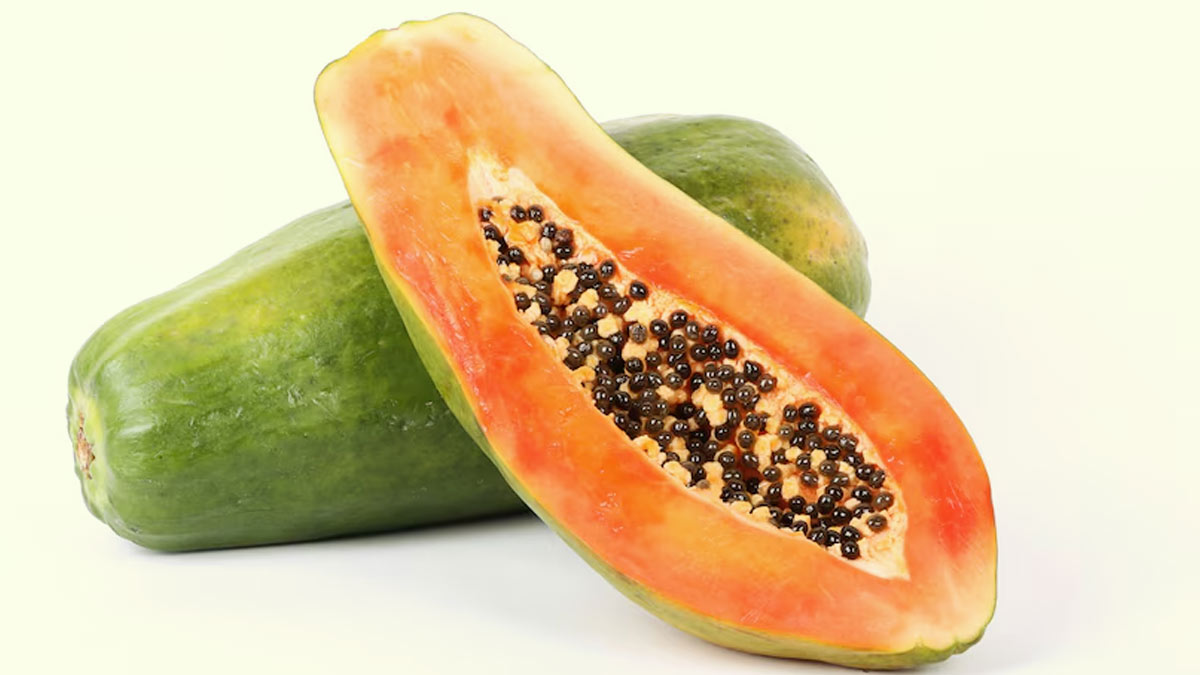
Intestinal parasites are organisms that live in the human digestive system and derive nutrients at the host's expense. They can cause a range of health issues, including malnutrition, digestive disorders, and fatigue. Common types of intestinal parasites include roundworms, tapeworms, and protozoa. The causes of intestinal infections vary widely and can include contaminated food and water, poor hygiene practices, and exposure to infected individuals or animals.
Table of Content:-
To understand intestinal parasites and how they can be eliminated, OnlyMyHealth interacted with Dr Snehil Makwana, Ayurveda consultant, AAYU Clinic, Kandivali, Mumbai.
Defining intestinal parasites, Dr Makwana said, “Intestinal parasites are organisms, such as worms or protozoa, that live in the human intestines and feed off the host, often causing digestive issues and malnutrition.” According to him, the causes of intestinal worm infections can be numerous and varied. Poor sanitation, inadequate cooking, and unclean drinking water are some major contributors. "But the causes of worms are many, hence it's essential to be evaluated by an Ayurvedic physician to determine the right treatment," he said.
Role of Papaya Seeds in Combating Intestinal Parasites

One natural remedy that has gained attention for its potential anti-parasitic properties is papaya, particularly its seeds. Dr Snehil Makwana, Ayurveda consultant, AAYU Clinic, Kandivali, Mumbai, emphasises the need to understand the environment in which these parasites thrive. He states, "According to Ayurveda, for worms to thrive in the human intestine, they need a certain environment. That environment is provided by Aam, a toxin created due to indigestion."
Dr Makwana explains that if this conducive environment is not present, parasites struggle to survive. "Papaya seeds have a special property in Ayurveda; they help to digest these aam, toxins, where these worms thrive. Once the toxins are digested and eliminated, worms cannot thrive in the intestine. This way, it helps to eliminate the intestinal worms, especially when the environment is altered."
Also read: Intestinal Worms in Children: Symptoms, Causes And Prevention Tips To Avoid Infection
How Papaya Seeds Work
Papaya seeds are often lauded for their beneficial effects on digestion and gut health. They are rich in fibre and contain several bioactive compounds that have demonstrated anti-parasitic properties. Dr Makwana highlights the combined action of papaya seeds: "With anti-helminthic drugs, one often needs to provide a mild purgative drug to expel the parasites from the system. Papaya seeds do both jobs together, acting as a bulk-forming purgative due to their high fiber content."

According to both Ayurvedic and modern scientific perspectives, papaya seeds contain various chemicals that contribute to their effectiveness against parasites:
Alkaloids (such as carpaine): These compounds can expel worms from the digestive tract.
Tannins: These substances bind to the glycoproteins on the surface of worms, leading to their death.
Benzyl isothiocyanate: This compound may inhibit the motility and energy metabolism of parasites.
Papain: This enzyme can destroy the cuticle of parasites, enhancing the seeds' efficacy.
Fatty acids: These may reduce the number of parasites present in the blood and at intracellular stages.
As Dr Makwana summarises, "Papaya seeds have a three-way action: killing the parasite itself, disrupting the environment where parasites thrive, and providing mild purgative action to expel the killed parasites."
Also read: Ayurvedic Home Remedies for Stomach Worms: 7 Natural Solutions for Digestive Health
Conclusion
While traditional knowledge has long suggested the use of papaya seeds for combating intestinal parasites, scientific studies are still limited. It's essential to consult an expert before using any home remedies, as proper evaluation and treatment are vital for effectively addressing parasitic infections. Understanding both the traditional and scientific perspectives can provide a more comprehensive approach to treating intestinal parasites.
Also watch this video
Read Next
Can Putting Fried Garlic Oil In Your Ear Combat Ear Infections? Here's What Doctor Says About It
How we keep this article up to date:
We work with experts and keep a close eye on the latest in health and wellness. Whenever there is a new research or helpful information, we update our articles with accurate and useful advice.
Current Version